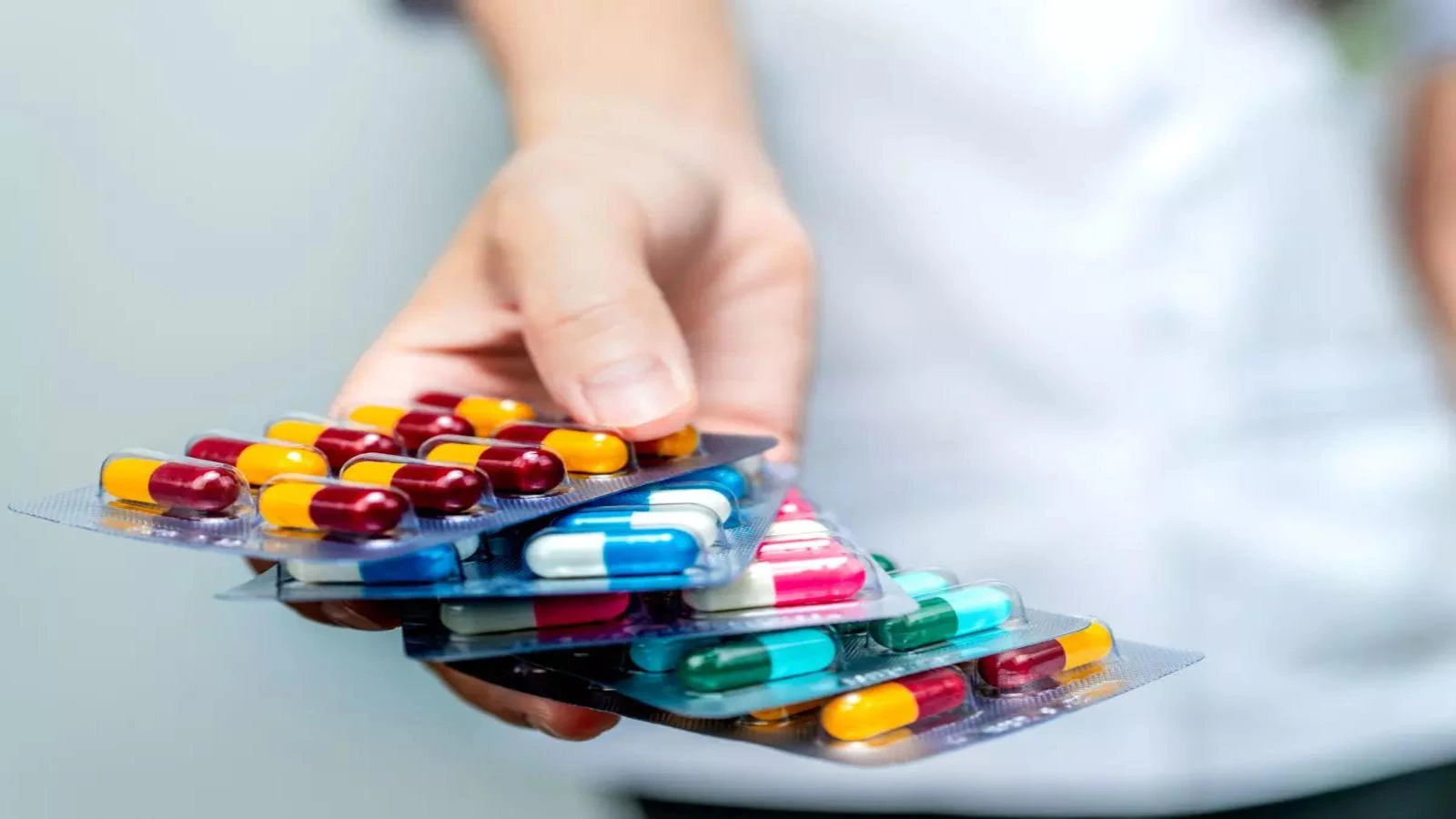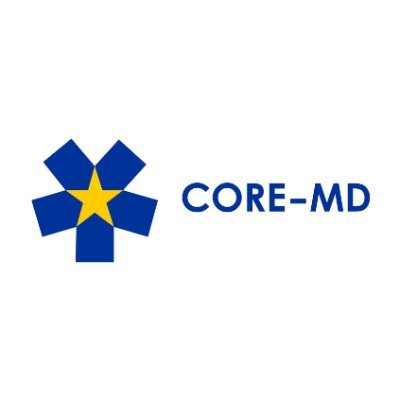MEDICINES FOR CHILDREN
The EAP Medicines for Children Strategic Advisory Group was established to advocate for equal access to safe, modern and affordable therapeutic medicine options to support diagnosis, treatment and prevention of diseases – especially for children/young persons in Europe.


Karel Allegaert
Chair
Dr. Karel Allegaert, MD, PhD, is a paediatrician-neonatologist with expertise in clinical pharmacology. He is a professor at KU Leuven, Belgium, and a clinical consultant at Sophia Children’s Hospital, Rotterdam. His research focuses on developmental perinatal pharmacology and neonatal and paediatric pain, supported by European and national grants, with over 300 PubMed citations (H-index 33). Dr. Allegaert is a member of the Royal Academy of Medicine of Belgium, president of the European Society of Developmental Pharmacology, and section head for clinical pharmacology at the European Society of Pediatric Research.
Burning Issues Include
- The correct administration of medicine in children (appropriate formulations and the dosage).
- The lack of medicines that are appropriate for, and specifically aimed, at children.
- Excessive prices of some orphan drugs for rare diseases / high expense low volume medications.
- The remaining large number of prescriptions of off-label drugs in our patients.
- Lack of Investment in drugs for specific paediatric indications/needs.
- Insufficient infrastructure/networks to perform multicentred paediatric trials across Europe.
Agendas of medicines for children
Coming Soon
- Coming Soon…
(See minutes below) (See minutes below)
Winter 2022
- Winter Meeting 2021
Virtual SAG meetings | 20 Jan 2022 - Winter Meeting 2022
Brussels, Belgium | 2 Dec 2022

MINUTES
MEDICINES FOR CHILDREN
Valletta, Malta, 13 May 2022
VIRTUAL | January 20, 2022

Presentations
REACH Strategic Advisory Group
Press Releases / Statements
Off-label use of medicines in neonates, infants, children, and adolescents: a joint policy statement by the European Academy of Paediatrics and the European Society for Developmental Perinatal and Paediatric Pharmacology


